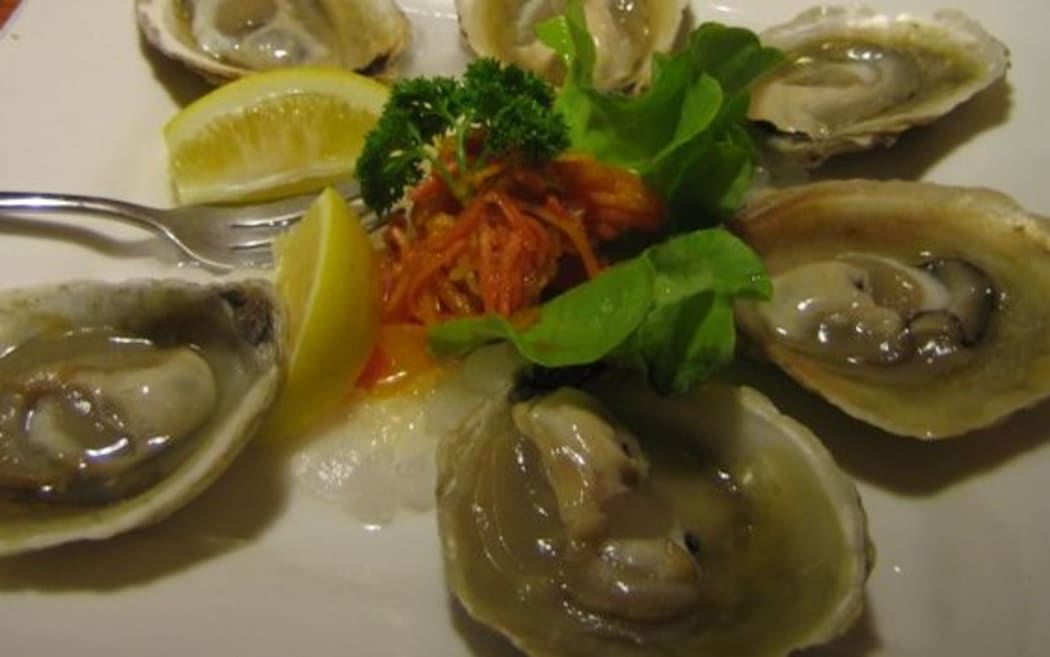A fisherman has been told he must share his knowledge of the best fishing spots to his former employer, Sanford, one of New Zealand's biggest fishing companies.

Bluff oysters Photo: Wiki Commons
John Edminstin, who was the skipper of a Bluff oyster dredge for five years, said it was his right to keep secret what he had learned during a lifetime of fishing, but the Employment Relations Authority disagreed.
It ruled Sanford could keep a copy of the data.
Mr Edminstin said he used his 40-year experience of wind, tide and sea conditions, and his memory of fruitful areas, or "marks", to enter specific co-ordinates into the dredge's navigation system.
When he left, he wanted Sanford to wipe the information but they did not, and kept a copy for themselves, and gave him another on a memory stick.
He complained to the authority, and other skippers gave evidence that marks were incredibly valuable and a jealously guarded secret in the industry.
"Mr Edminstin describes this knowledge as crucial and valuable and in particular he describes the knowledge of location of oyster beds as being his personal and confidential information," the authority said.
It said marks could reference the alignment of landmarks, and could be recorded on a map or listed as longitude and latitude coordinates.
Historically, they were either remembered or written down on paper or in a book or a collection of written records.
"In more recent times marks have been recorded electronically in computers on board vessels with copies stored on a memory stick or a mobile telephone or recorded and stored on the GPS navigation system used on the vessel."
The authority ruled Sanford was within its rights, because as his former employer, it owned the data.
Editor of Skipper magazine Keith Ingram told Checkpoint the judgement had far-reaching ramifications.
He said the sort of knowledge Mr Edminstin had was copyright knowledge.
"I believe it should stay with the skipper. Traditionally in the industry the marks have always been the property of the skipper."
He said sharing that knowledge was always the skipper's choice.


